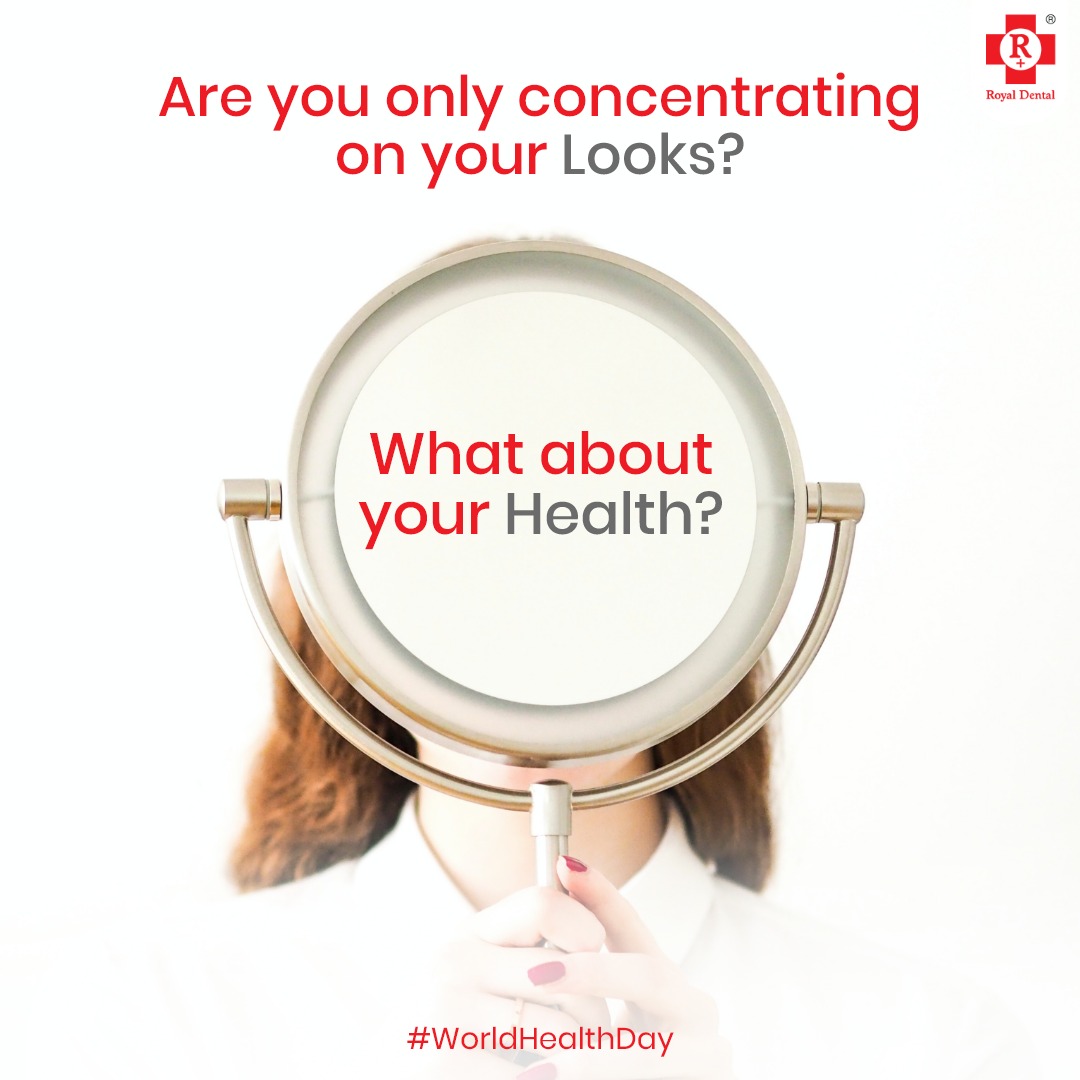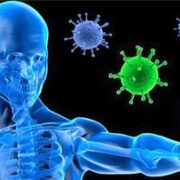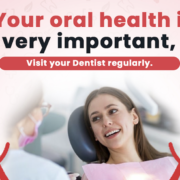Did you know that there’s a surprising connection between your oral health and your eye health? While they may seem like two completely unrelated parts of your body, recent research has shown that poor oral hygiene can actually lead to a range of eye problems. From dry eyes to vision loss, the health of your mouth and your eyes are more closely linked than you might think. But what exactly is the connection, and how can you keep both your mouth and your eyes healthy? In this article, we’ll explore the fascinating link between oral health and eye health, and give you some important tips on how to take care of both. So if you’re looking to safeguard your vision and keep your smile sparkling, read on to discover what you need to know about this surprising connection.
Understand connection between Oral and Eye Health
Inflammatory diseases: Both oral and eye health can be impacted by inflammatory diseases such as periodontitis and uveitis. Periodontitis is an inflammatory disease that affects the gums and can lead to tooth loss. Uveitis is an inflammation of the eye that can cause eye pain, sensitivity to light, and blurry vision.
Bacteria: Poor oral hygiene can lead to the buildup of bacteria in the mouth, which can enter the bloodstream and cause infections in other parts of the body, including the eyes. For example, research suggests that bacteria from the mouth can cause endophthalmitis, an infection in the eye that can lead to vision loss.
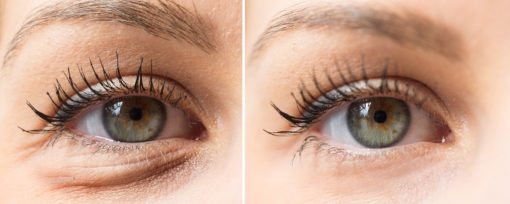
Diabetes: Diabetes is a disease that can affect both oral and eye health. People with diabetes are more likely to develop periodontitis, and they are also at higher risk of developing diabetic retinopathy, which can cause vision loss.
Nutritional deficiencies: Nutritional deficiencies can impact both oral and eye health. For example, a deficiency in vitamin A can lead to dry eyes, while a lack of vitamin D can contribute to tooth decay.
Medications: Some medications can have side effects that impact both oral and eye health. For example, antihistamines can cause dry mouth, which can lead to tooth decay, and some medications for glaucoma can cause dry eyes.
The Impact of Poor Oral Hygiene on Eye Health
Bacterial infections: Poor oral hygiene can lead to an overgrowth of bacteria in the mouth, which can enter the bloodstream and travel to other parts of the body, including the eyes. This can cause infections such as conjunctivitis (pink eye) and endophthalmitis (an infection inside the eye).
Dry eyes: Saliva helps to keep the mouth moist, and when there is a lack of saliva, the mouth can become dry. Dry mouth can also cause dry eyes because the tear glands are connected to the salivary glands. A lack of tears can lead to discomfort, itching, burning, and other symptoms associated with dry eyes.
Nutritional deficiencies: Poor oral hygiene can lead to tooth decay and gum disease, which can make it difficult to eat certain foods. This can lead to nutritional deficiencies, such as a lack of vitamin A, which can cause dry eyes.
Systemic diseases: Poor oral hygiene has been linked to an increased risk of systemic diseases, such as diabetes and heart disease. These diseases can also have a negative impact on eye health.
Medications: Some medications used to treat dental problems, such as antihistamines, can cause dry mouth. This can lead to a decreased production of tears, causing dry eyes.
Research and Statistics: Oral and Eye Health
While the link between oral health and eye health may seem surprising, there is a significant amount of research that supports this connection. For example, a study published in the Journal of Periodontology found that people with periodontitis (a type of gum disease) were more likely to have dry eye syndrome than those without periodontitis.
Another study, published in the journal Investigative Ophthalmology and Visual Science, found that people with gum disease were more likely to have age-related macular degeneration than those without gum disease. And a third study, published in the Journal of Cataract and Refractive Surgery, found that people with gum disease were more likely to develop cataracts than those without gum disease. Overall, the research suggests that taking care of your oral health can have a positive impact on your eye health as well.
Tips for Maintaining Oral Health to prevent Eye Problems
Now that you know the connection between oral health and eye health, you may be wondering what you can do to keep both your mouth and your eyes healthy. Here are some tips to help you maintain good oral health and prevent eye problems:
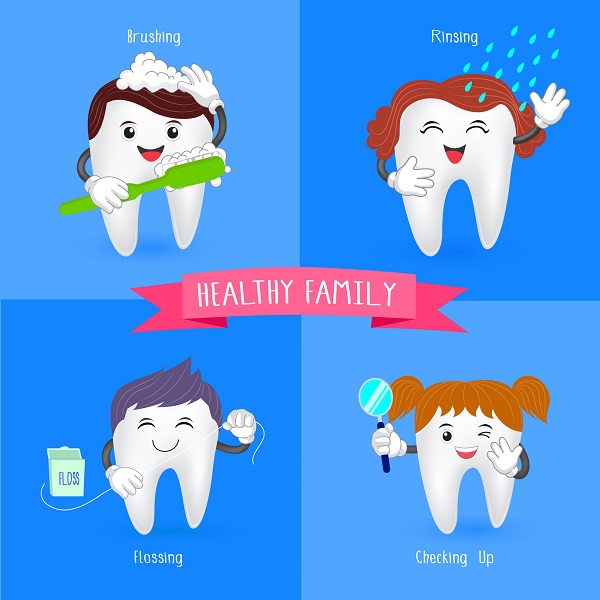
Brush and floss regularly: This is the most important thing you can do to prevent gum disease and other oral health problems. Make sure you brush your teeth at least twice a day and floss at least once a day.
Use fluoride toothpaste: Fluoride helps strengthen your tooth enamel, making it more resistant to decay.
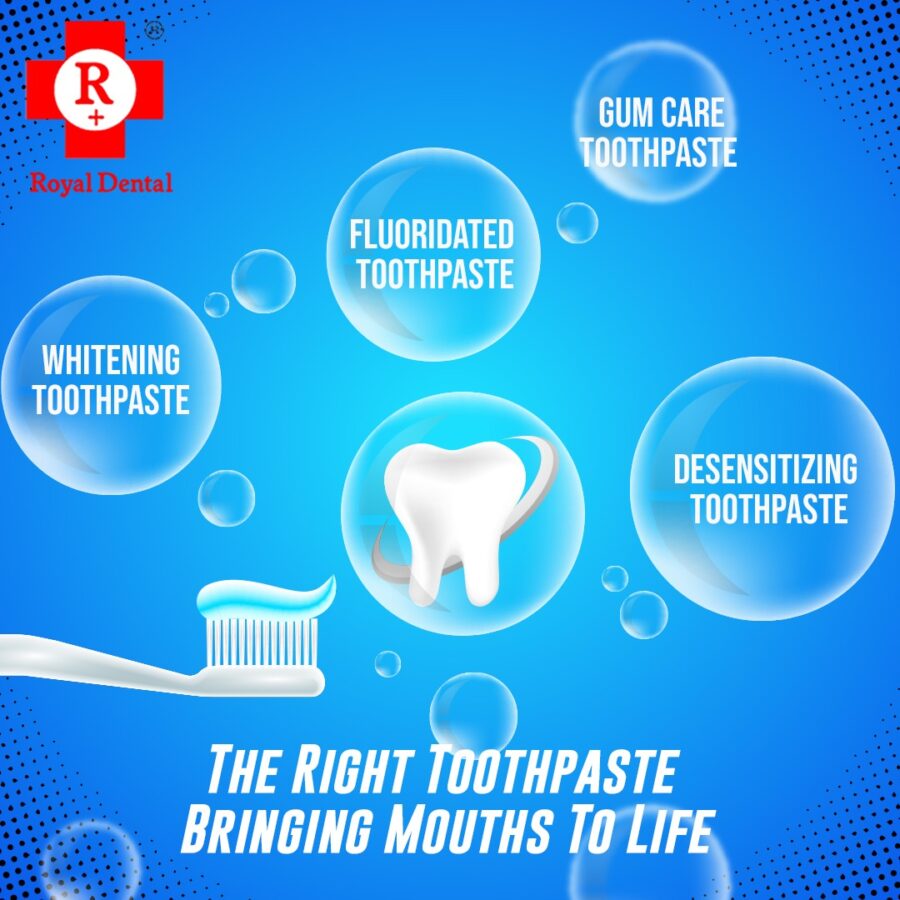

Eat a healthy diet: A diet that’s rich in fruits, vegetables, whole grains, and lean protein can help keep your teeth and gums healthy. Avoid sugary and acidic foods and drinks, which can erode your tooth enamel.
Don’t smoke: Smoking can increase your risk of gum disease and other oral health problems.


See your dentist regularly: It’s important to see your dentist for regular check-ups and cleanings to prevent gum disease and other oral health problems.
Foods and Supplement for Both Oral and Eye Health
Vitamin C: This antioxidant can help protect your gums from damage and promote healthy blood vessels in your eyes. Good sources of vitamin C include citrus fruits, berries, kiwi, and broccoli.
Omega-3 fatty acids: These healthy fats can help reduce inflammation in your gums and promote healthy blood vessels in your eyes. Good sources of omega-3s include fatty fish (such as salmon and tuna), flaxseed, and walnuts.
Vitamin D: This vitamin is important for strong bones and teeth, and it may also help reduce your risk of gum disease. Good sources of vitamin D include fatty fish, egg yolks, and fortified foods (such as milk and cereal).
Green tea: This beverage contains catechins, which are antioxidants that can help reduce inflammation in your gums and promote healthy blood vessels in your eyes.
Coenzyme Q10: This antioxidant can help reduce inflammation in your gums and may also help prevent age-related macular degeneration. You can find coenzyme Q10 in supplement form.
Importance of Check-Ups with Dentist and Eye Doctor
Prevention: Regular check-ups can help identify potential problems early on, before they become more serious. For example, a dental cleaning can remove plaque and tartar buildup, which can help prevent gum disease and tooth decay. An eye exam can detect vision problems or eye diseases such as glaucoma, which can cause permanent vision loss if left untreated.
Early Detection: Regular check-ups can help detect problems that may not have noticeable symptoms. For example, many dental problems, such as cavities and gum disease, do not cause pain until they are more advanced. Eye diseases, such as macular degeneration and cataracts, can also develop without noticeable symptoms until they have progressed significantly.
Overall Health: Regular check-ups with your dentist and eye doctor can also help identify potential health problems beyond just your teeth and eyes. For example, your dentist may notice signs of diabetes during a dental exam, while your eye doctor may identify signs of high blood pressure or other systemic diseases during an eye exam.
Personalized Care: Regular check-ups allow your dentist and eye doctor to get to know you and your specific needs. They can provide personalised care based on your medical history, lifestyle, and other factors.
Options for Eye Problems caused by Poor Oral Health
Bacterial infections: If an infection in the eye is caused by bacteria from the mouth, antibiotics may be prescribed to help clear the infection. This may be in the form of eye drops or oral medication.
Dry eyes: If dry eyes are caused by poor oral hygiene, treatment may involve managing the dry mouth. This may include using artificial tears, drinking more water, and improving oral hygiene habits.
Nutritional deficiencies: If a lack of vitamins or minerals is causing eye problems, nutritional supplements may be recommended to help address the deficiency.
Systemic diseases: If a systemic disease, such as diabetes, is causing eye problems, treating the underlying condition may help improve eye health. This may involve medication, lifestyle changes, or other treatments.
Medications: If a medication is causing dry mouth, switching to a different medication or adjusting the dosage may help improve oral and eye health.
Incorporate Oral and Eye Health Habits in Daily Routine
★ Brush your teeth twice a day and floss once a day.
Use fluoride toothpaste and an antibacterial mouthwash.
★ Eat a healthy diet that’s rich in fruits, vegetables, and lean protein.
Avoid sugary and acidic foods and drinks.
★ Wear protective eyewear when playing sports or doing other activities that could damage your eyes.
Take regular breaks if you work on a computer for long periods.
★ See your dentist and eye doctor regularly for check-ups and cleanings.
Conclusion
While the connection between oral health and eye health may be surprising, it’s clear that taking care of both can have a significant impact on your overall health and well-being. By maintaining good oral hygiene, eating a healthy diet, and seeing your dentist and eye doctor regularly, you can help prevent a range of eye problems and keep both your mouth and your eyes healthy for years to come. Remember, your eyes and your smile are two of your most important assets – so take care of them!

